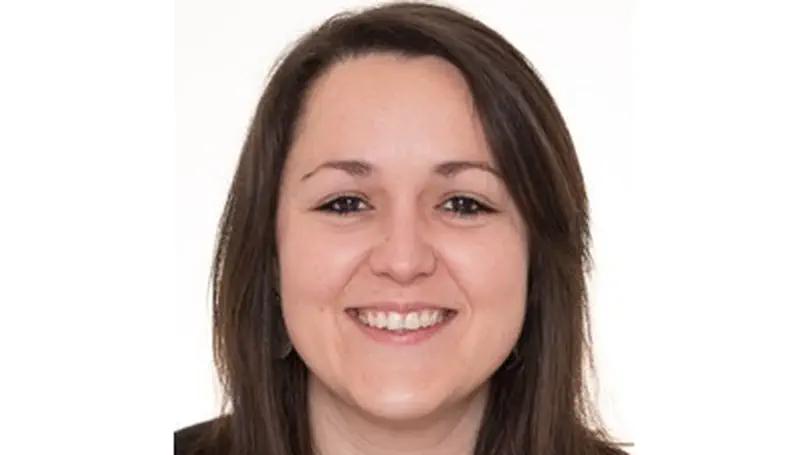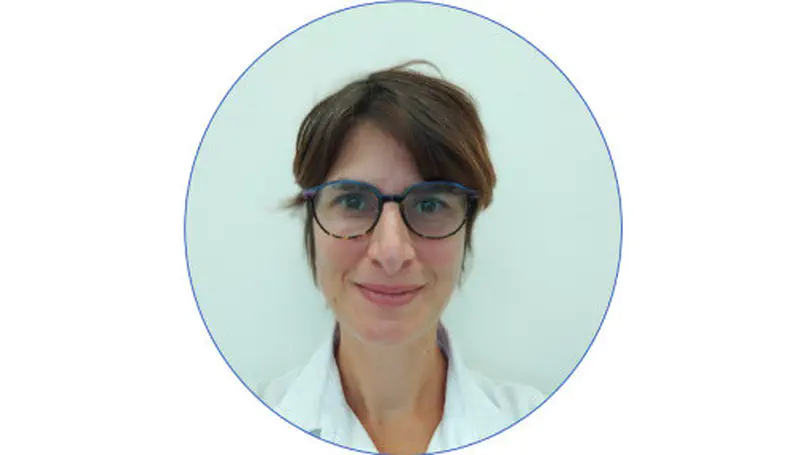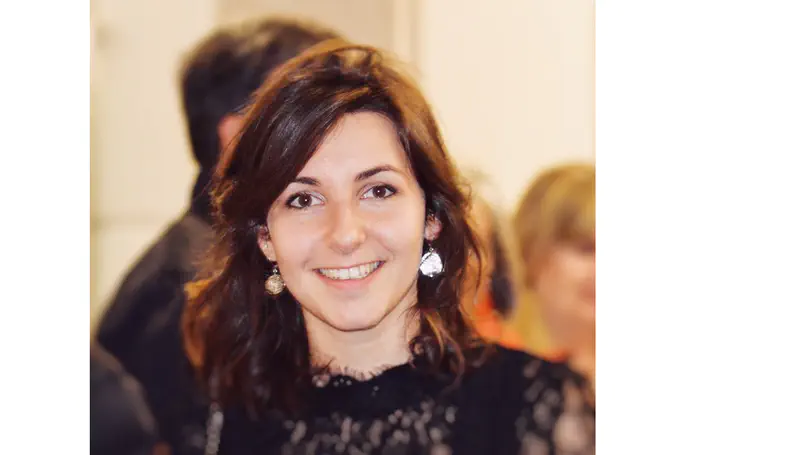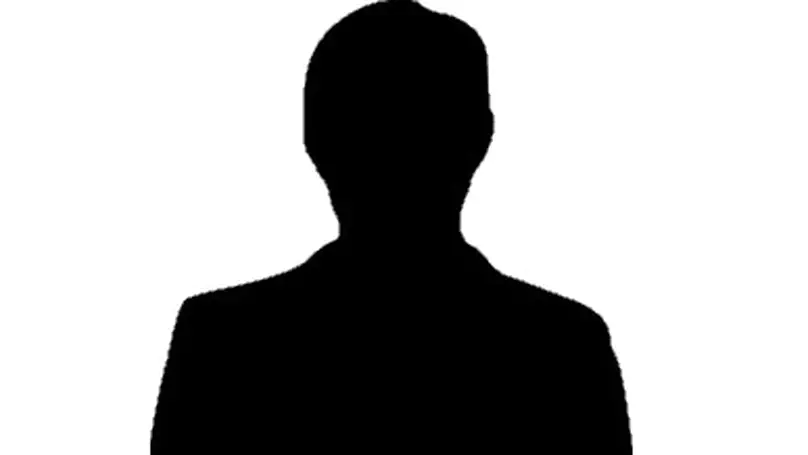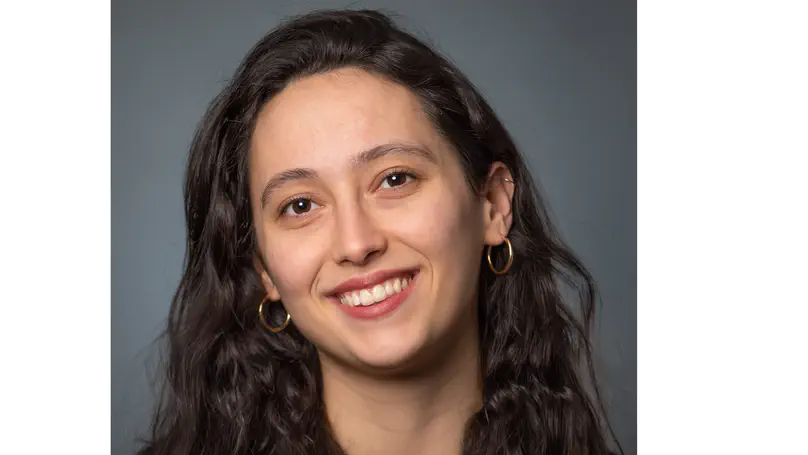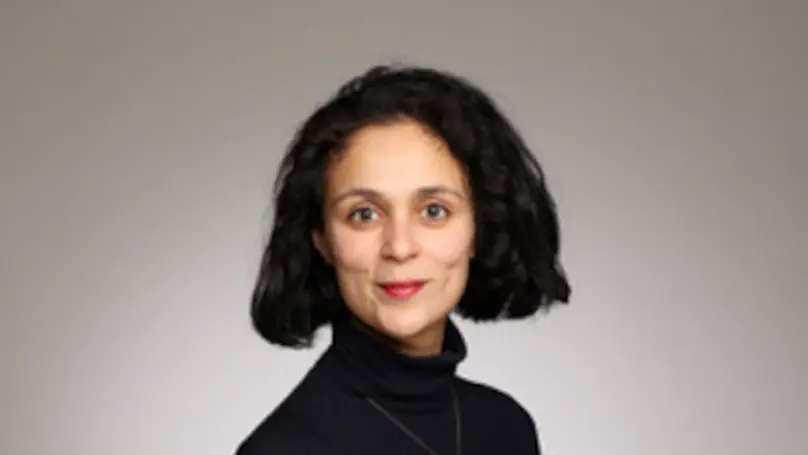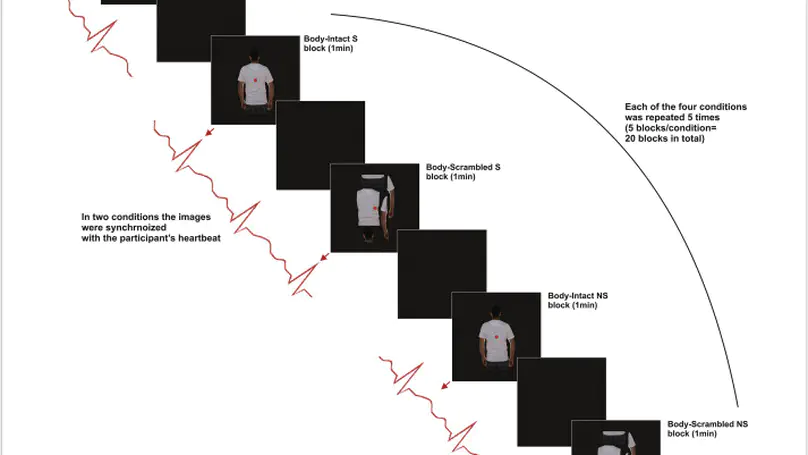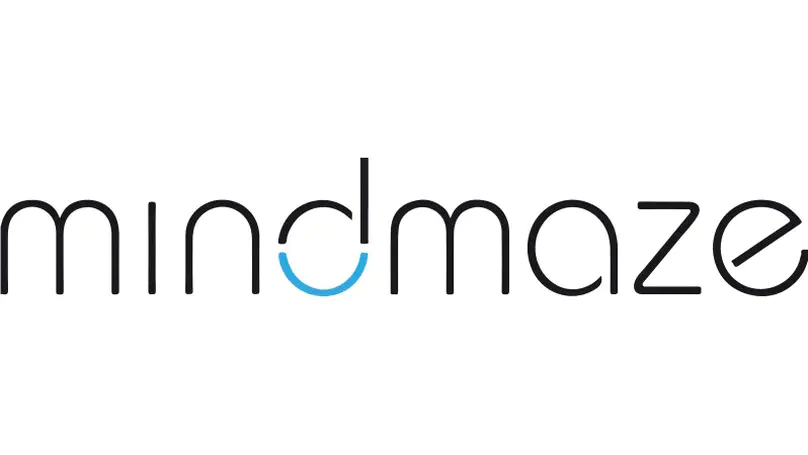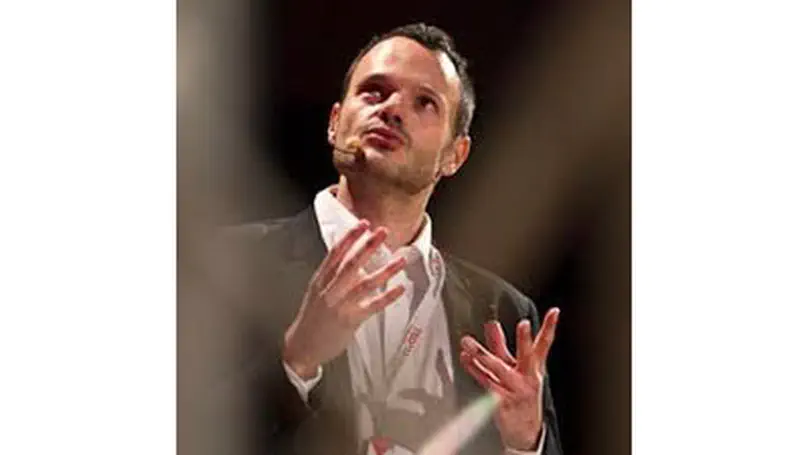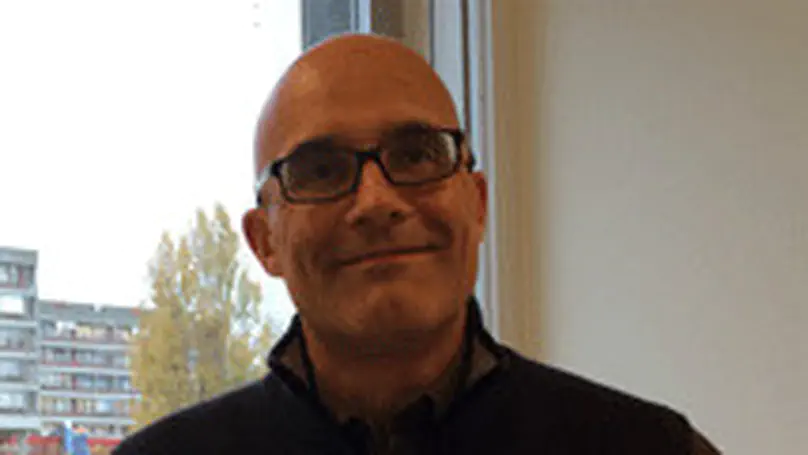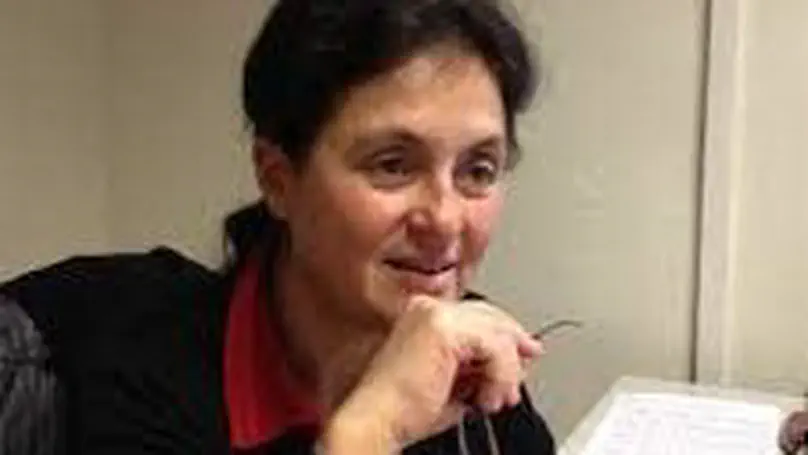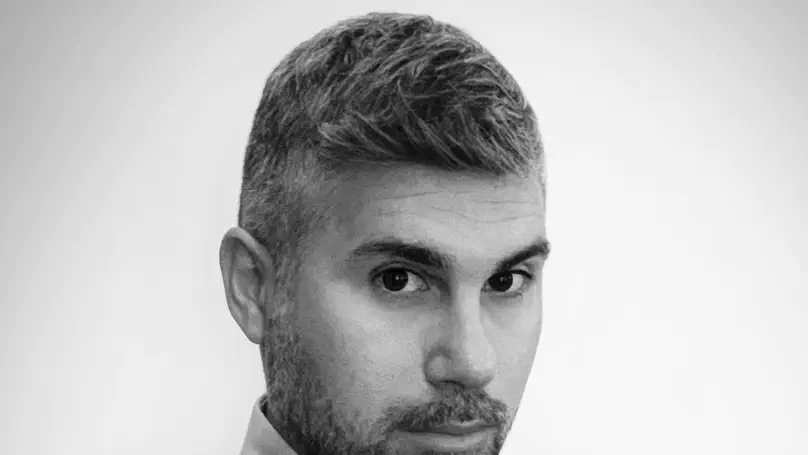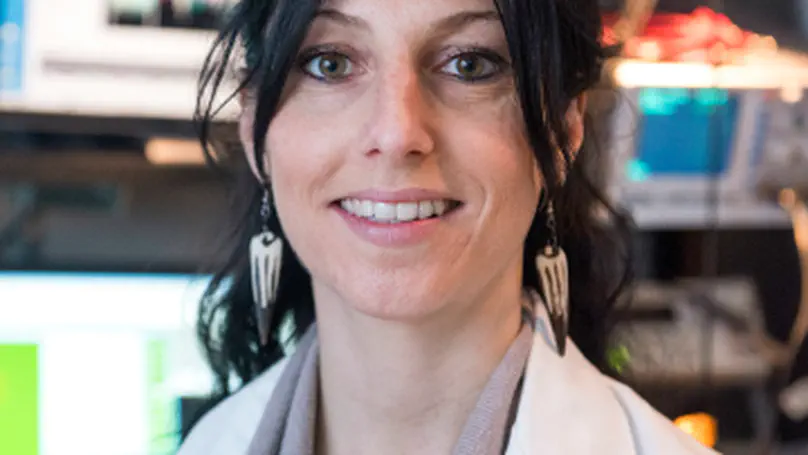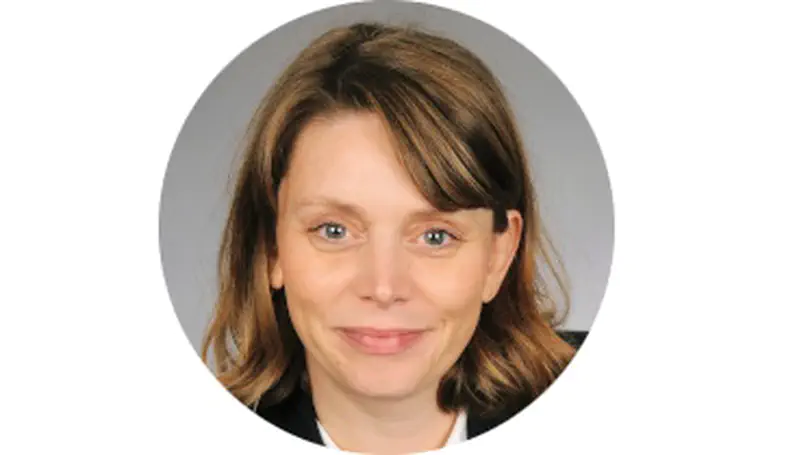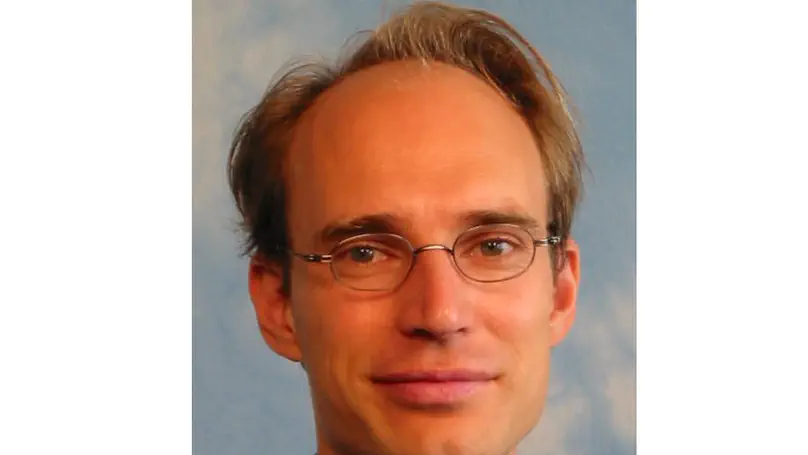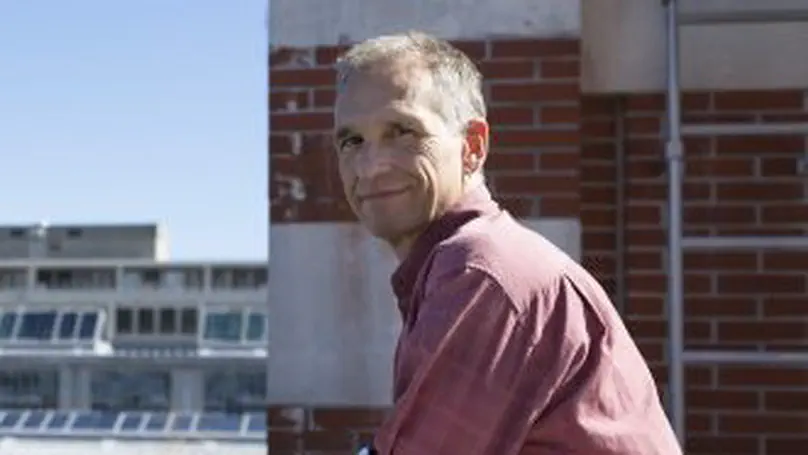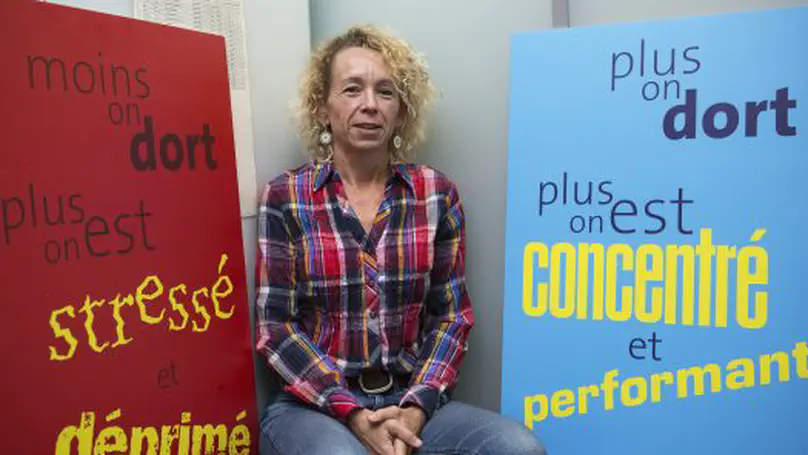Biography
I am a clinical neuropsychologist and a neuroscience researcher at the University Hospital of Geneva and the Campus Biotech. My main research interest lies in the study of cognitive deficits following right-brain damage. In particular, I focused on different characteristics of unilateral spatial neglect following right brain damage, including productive symptoms, and new assessment and rehabilitative tools to better evaluate and restore neuropsychological symptoms.
I am currently carrying out a series of projects to unveil the functional and neural mechanisms of self-awareness in neurological patients after stroke. One line of research is focused on the presence of unawareness for neurological illness (anosognosia) in patients with and without unilateral spatial neglect. Moreover, I am leading few projects on bodily awareness, specifically the covert manifestations of somatoparaphrenia and disownership of body parts. In my research, I am combining behavioural, lesional and electrophysiological measures, for a better understanding and possible treatment of disabling cognitive deficits after acquired brain lesions.
- Right-hemisphere Patients
- Unilateral Spatial Neglect
- Perseverations
- Cognitive Rehabilitation
- Body Ownership
- Self Awareness
- Anosognosia
- Cardio-visual integration
PhD in Experimental Psychology, Linguistics and Cognitive Neuroscience, 2011
University of Milano-Bicocca, Italy
MS in Clinical Psychology and Neuropsychology, 2006
University of Milano-Bicocca, Italy
BS in Psychology, 2004
University of Milano-Bicocca, Italy
Skills
More than a decade of experience as clinical and experimental neuropsychologist
Strong research record in mapping lesions and correlate them to deficits
Application of state-of-the-art EEG to investigate dysfunctional neural processing
Involved in numerous rehabilitation protocols for rehabilitation of deficits following brain lesion
Development of VR protocols for assessment of spatial and bodily deficits
Application of non-invasive neuro-stimulation techniques to modulate brain activity
Integrating intero- and exteroceptive signals in neurological and neurotypical participants
Long-lasting experience in univariate data analysis
Let’s face it. It is a parallel 100% job!
Experience
I investigate unawareness of neurological diseases, bodily disorders and spatial neglect symptoms in brain-damaged patients. Use of behavioural, physiological and brain-stimulation techniques.
I am also involved in a rehabilitation research project on neurofeedback training in brain-damaged patients with unilateral spatial neglect.
I investigated Bodily self-consciousness in healthy participants and brain-damaged patients, using virtual reality and multisensory stimulation.
I was also involved in projects investigating the mechanisms underlying cardio-visual interaction, and their potential applications for releiving pain in patients with chronic syndroms and spinal cord injury.
Team
Grants
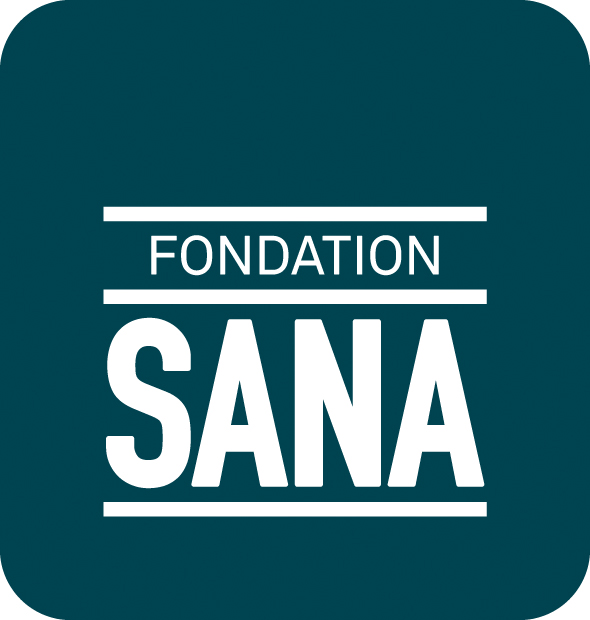


Featured Publications

After brain damage, patients can experience the lack of ownership of body parts. By exploiting a large dataset and state-of-the-art analyses, Cataldo et al. demonstrate that subtle forms of disownership are undetected post-stroke, and suggest the role of complex bilateral brain networks in the construction of body awareness in humans
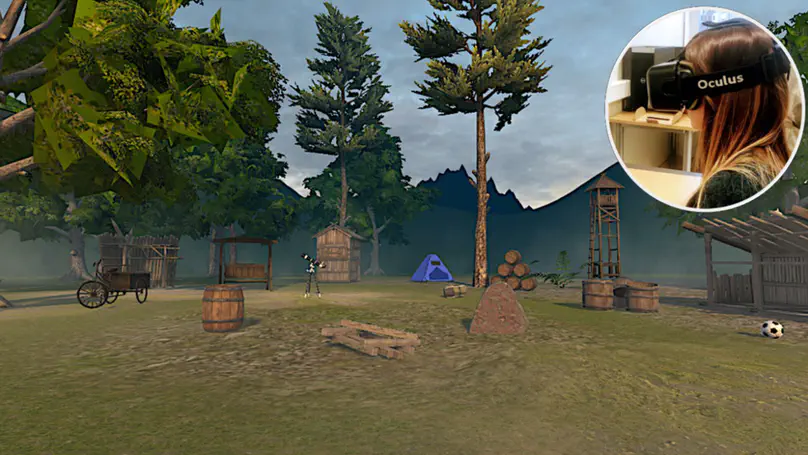
The reported rate of the occurrence of unilateral spatial neglect (USN) is highly variable likely due to the lack of validity and low sensitivity of classical tools used to assess it. Virtual reality (VR) assessments try to overcome these limitations by proposing immersive and complex environments. Nevertheless, existing VR-based tasks are mostly focused only on near space and lack analysis of psychometric properties and/or clinical validation. The present study evaluates the clinical validity and sensitivity of a new immersive VR-based task to assess USN in the extra-personal space and examines the neuronal correlates of deficits of far space exploration. The task was administrated to two groups of patients with right (N = 28) or left (N = 11) hemispheric brain lesions, also undergoing classical paper-and-pencil assessment, as well as a group of healthy participants. Our VR-based task detected 44% of neglect cases compared to 31% by paper-and-pencil tests in the total sample. Importantly, 30% of the patients (with right or left brain lesions) with no clear sign of USN on the paper-and-pencil tests performed outside the normal range in the VR-based task. Voxel lesion-symptom mapping revealed that deficits detected in VR were associated with lesions in insular and temporal cortex, part of the neural network involved in spatial processing. These results show that our immersive VR-based task is efficient and sensitive in detecting mild to strong manifestations of USN affecting the extra-personal space, which may be undetected using standard tools.

